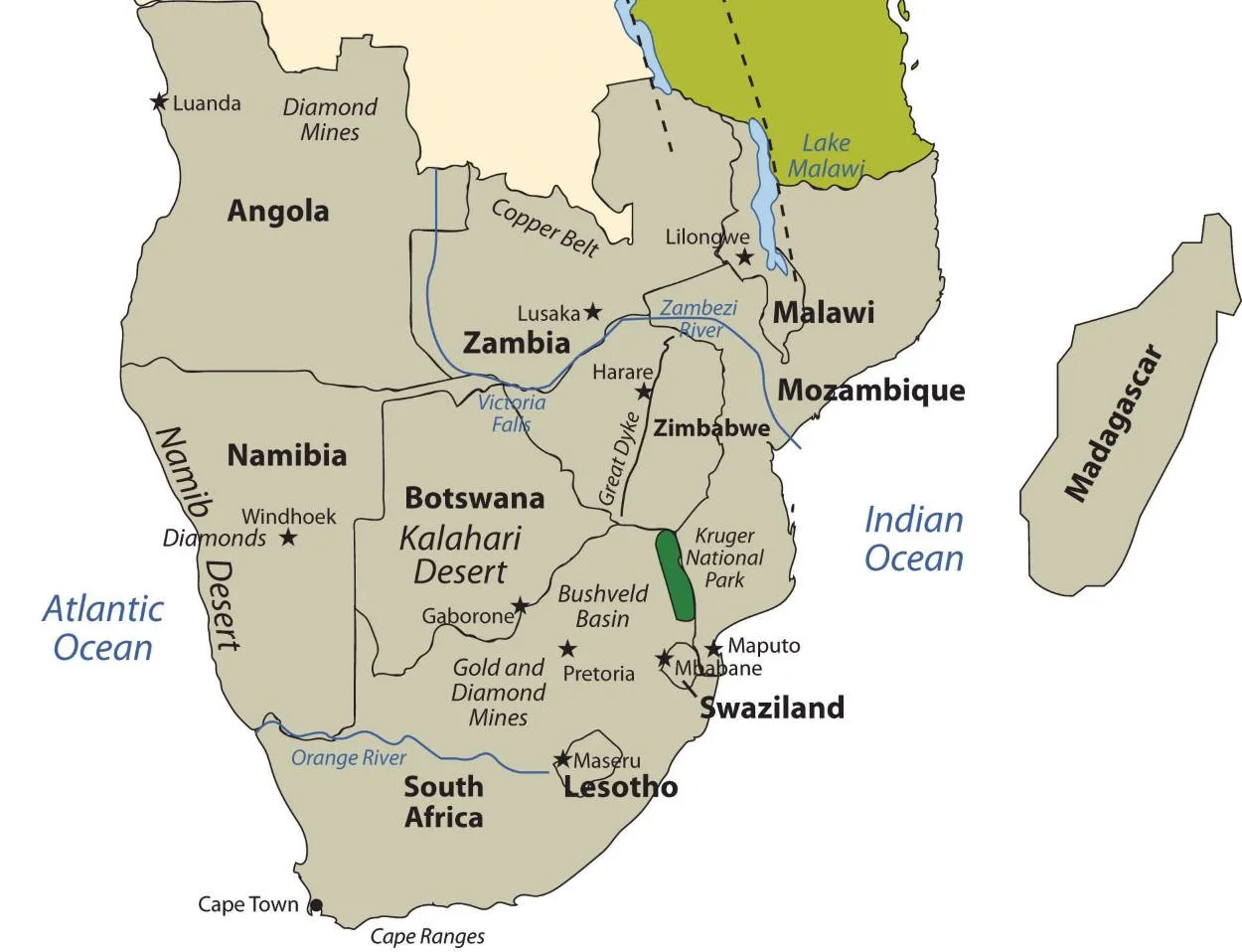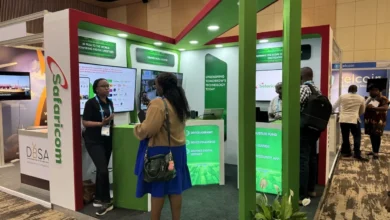In a significant leap towards regional integration and economic empowerment four Southern African Development Community (SADC) countries – Botswana, Malawi, Zambia, and Zimbabwe – have taken a commendable step by agreeing to eliminate mobile roaming fees.
This decision, set to take effect in August, marks a significant milestone in the Southern African Development Community’s (SADC) journey towards a unified digital market. By eliminating roaming fees, businesses and tourists can communicate seamlessly across borders, thereby fostering cross-border trade and boosting tourism in the region.
The One Network Area initiative aims to create a cohesive digital landscape where mobile users in these countries will no longer incur additional charges for accessing mobile phone services when crossing borders. This move holds immense potential for transforming the region into a single digital marketplace and ensuring increased mobile service affordability for cross-border customers.
Unlocking Economic Potential
The removal of roaming fees has far-reaching implications for both the region’s economy and its citizens. Small and medium-sized enterprises (SMEs), which form the backbone of any economy, will benefit significantly from this development. With roaming fees out of the equation, SMEs can expand their customer base and collaborate more easily with partners in different countries, fostering innovation and entrepreneurship within the region.
Moreover, the unified digital market with affordable and accessible mobile services sends a strong message to investors, showcasing the region’s commitment to removing barriers and creating a conducive business environment. This move can attract foreign direct investment and stimulate economic growth in the SADC countries.
Creating a Connected and Inclusive Society
The elimination of roaming fees ensures that all citizens, regardless of their geographical location, have equal access to mobile services. This inclusivity promotes digital literacy, empowers marginalized communities, and reduces the digital divide within and across SADC countries.
Furthermore, access to affordable mobile services eliminates barriers to communication and collaboration, allowing businesses and individuals to operate more efficiently. Enhanced productivity translates into economic growth, job creation, and improved living standards for the people of SADC. By eliminating mobile roaming fees, SADC countries will experience increased collaboration and knowledge exchange among businesses, professionals, and academic institutions across borders, fostering innovation, promoting best practices sharing, and driving regional competitiveness.
Towards Sustainable Development
The move to scrap roaming fees aligns with the United Nations’ Sustainable Development Goals (SDGs), specifically SDG 9 (Industry, Innovation, and Infrastructure) and SDG 17 (Partnerships for the Goals). By promoting affordable and accessible communication for all, this initiative fosters sustainable development and creates a more inclusive society.
Furthermore, removing mobile roaming fees encourages innovation and digital entrepreneurship within the SADC region. Entrepreneurs will have the freedom to collaborate across borders, access a larger market, and develop innovative solutions that address regional challenges. This fosters a vibrant start-up ecosystem, attracting investment and talent, and driving technological advancements.
Toward a Unified Digital Future
The agreement to eliminate roaming fees encourages SADC countries to align their policies and regulations related to the telecommunications sector. This harmonisation enhances efficiency, reduces bureaucratic hurdles, and promotes a conducive environment for regional businesses.
A unified digital market with affordable roaming services allows telecommunications operators to leverage economies of scale. By pooling resources and infrastructure, operators can expand their networks, enhance coverage, and invest in technological advancements, leading to improved services for consumers. The removal of roaming fees will stimulate economic growth and create employment opportunities within the telecommunications sector.
A New Era of Connectivity
Botswana, Malawi, Zambia, and Zimbabwe have set an inspiring precedent for other African nations by embracing a vision of a connected and collaborative future. The elimination of mobile roaming charges not only strengthens regional integration but also unlocks new opportunities for economic growth, innovation, and social inclusion.
As these countries march towards a unified digital future, the ripple effects of this milestone decision are bound to be felt across the continent. It serves as a testament to the power of partnership, innovation, and a shared vision for progress.







